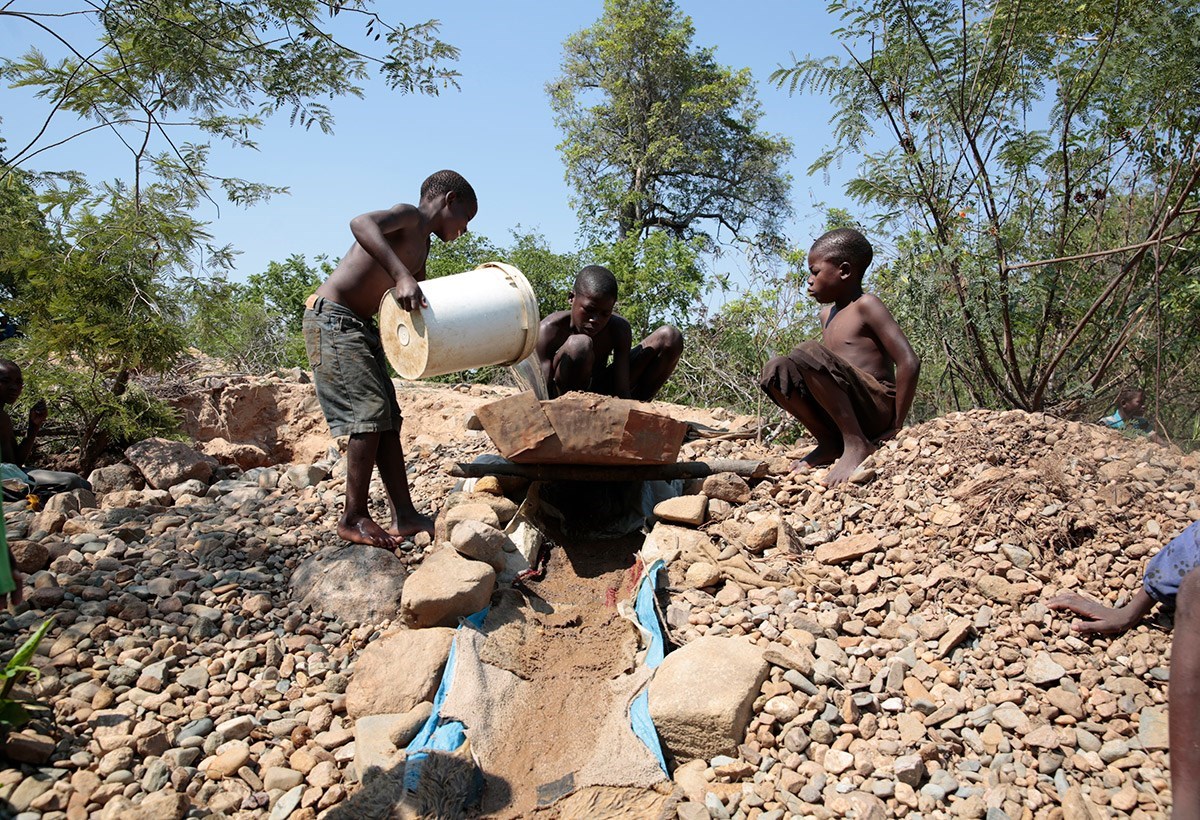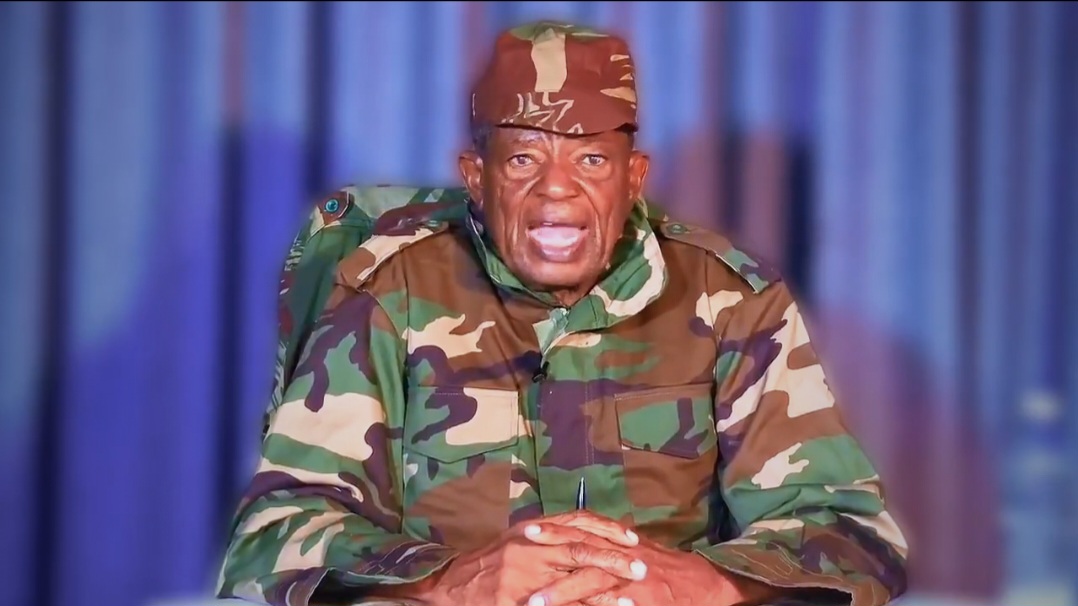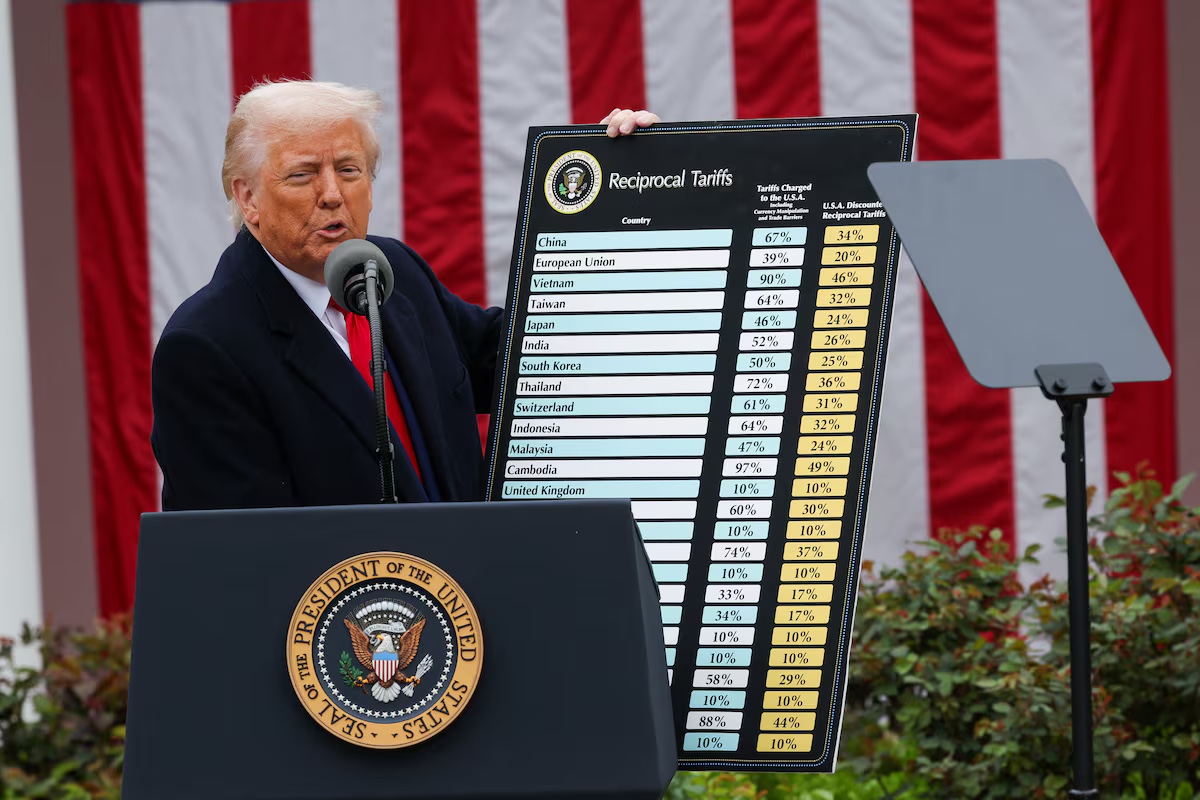HARARE – Zimbabwe says it is taking steps to end rampant child labour in the country after concerns were raised recently over authorities’ failure to deal with the vice especially within the agricultural sector.
A recent report by the United States Department of Labour recently placed the country under the microscope and drew attention to Zimbabwean authorities’ reluctance to end forms of child labour.
According to the report, “children in Zimbabwe are subjected to the worst forms of child labour, including in commercial sexual exploitation, sometimes as a result of human trafficking, and forced labour in mines and on farms”.
The report also said child labour was more rampant in the harvesting of sugarcane and tobacco in Zimbabwe.
However, presenting the country’s 2023 national budget this past week, Finance Minister Mthuli Ncube said authorities were currently working with stakeholders to come up with a National Action Plan (NAP) to eliminate child labour with special emphasis on the agriculture sector.
“Focus will be on the agriculture sector, with a view to enhancing farmer incomes and resilience, keep children in school, and equip young people with the skills they need to access decent work,” Ncube said.
Government, in partnership with the United Nations, launched an updated Sustainable Development Cooperation Assistance Framework, prioritising increased educational access and social protections for girls and other groups vulnerable to child labour.
The country was found not to have fully committed to the advancement of the cause evidenced by what was observed as a pattern of threats and intimidation of worker organisations and trade unionists.
“Youth activists for the ruling Zanu PF, under the direction of Kazembe Kazembe, sought to block a delegation of workers and civil society organizations seeking to investigate concerns of child labour occurring at a commercial farm, using threats and other forms of intimidation,” the report stated.
It further stated that the Zimbabwe government failed to disclose information on its labour and criminal law enforcement efforts for inclusion, but observed that “law enforcement agencies lack resources to enforce child labour laws”.
















